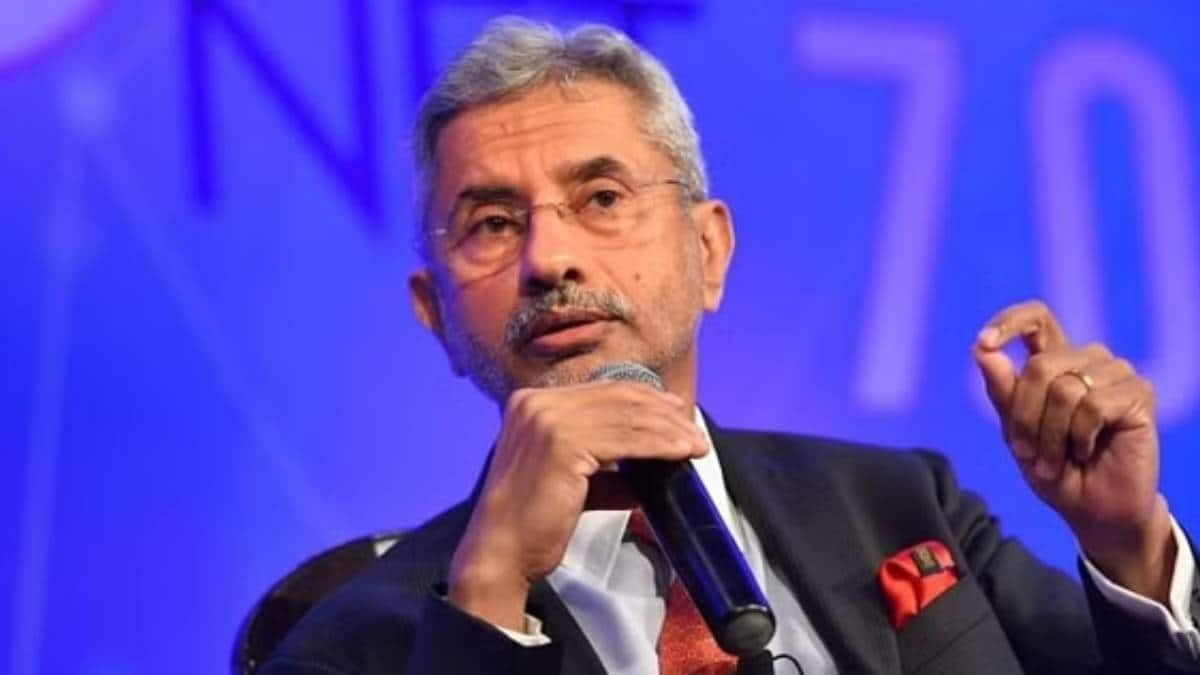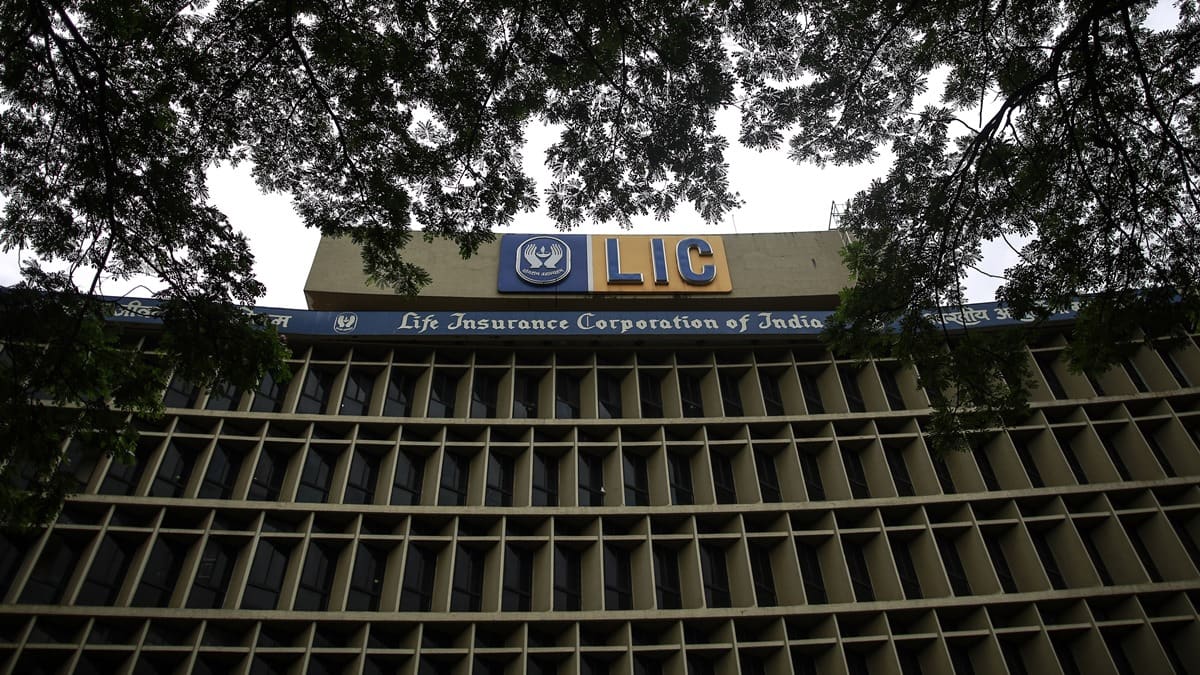Amid concerns over the recent spurt in global crude prices, the Reserve Bank of India expects a marginal let-up over the medium term. Crude prices are expected to remain at $86/barrel in the start of the next financial year 2024-2025 due to sluggish growth in China and the projected decline in the consumption of fuel in the US, two top consumers of crude oil, the RBI stated in its monthly bulletin. “Crude futures indicate that prices are expected to remain at US$86 per barrel in April 2024 as weaker growth in China and the projected decline in the US retail fuel consumption are likely to subdue demand,” the report said.
Prices of Brent crude on the Intercontinental Exchange was at $93.52/bbl on Friday, while WTI crude oil traded at $90.60/bbl on the New York Mercantile Exchange.
Over the past few months, crude oil prices have been following a volatile trajectory succumbed to various geopolitical tensions and supply cuts from the Organization of the Petroleum Exporting Countries, Russia, and Saudi Arabia. Even with the expectations of an improved supply from the non-OPEC members like Brazil and Guyana, prices are expected to moderate, notes RBI.
“However, the war between Israel and Hamas has added heightened uncertainty to the oil market,” the bulletin said.
Market is closely monitoring the situation in Israel as the conflict now seems to be spreading towards the Middle East by each passing day. If the conflict spread further, it can impact the oil markets as Middle East alone accounts for one-third of the total oil production, analysts say.
“If there is a broader extension of this conflict affecting major producers like Saudi, Iraq etc (rebels targeting oil installations there & worsening of relations between them and west) and trade flows (like Suez though that’s deep in Egypt territory), then oil prices could spike,” said Madhavi Arora, lead economist at Emkay Global Financial Services.
Further, oil inventories in the US fell by 4.5 million barrels to 419.7 million barrels in the week ended October 13, data from the Energy Information Administration showed. Considering the falling inventories and the escalating conflict in Israel, oil prices can further see a spike.
“Global crude oil prices have remained highly volatile over the past six months. An escalation of geopolitical hostilities and further production cuts by OPEC plus amidst strong demand pose upside risks to global crude prices,” the central bank said in its bulletin.




